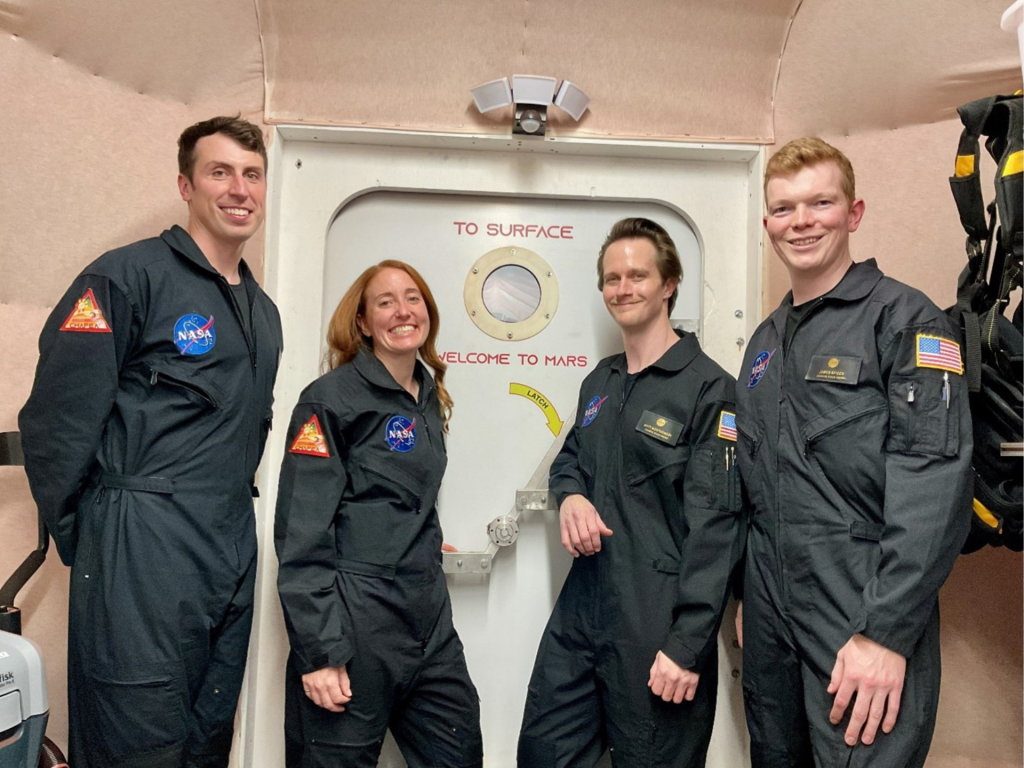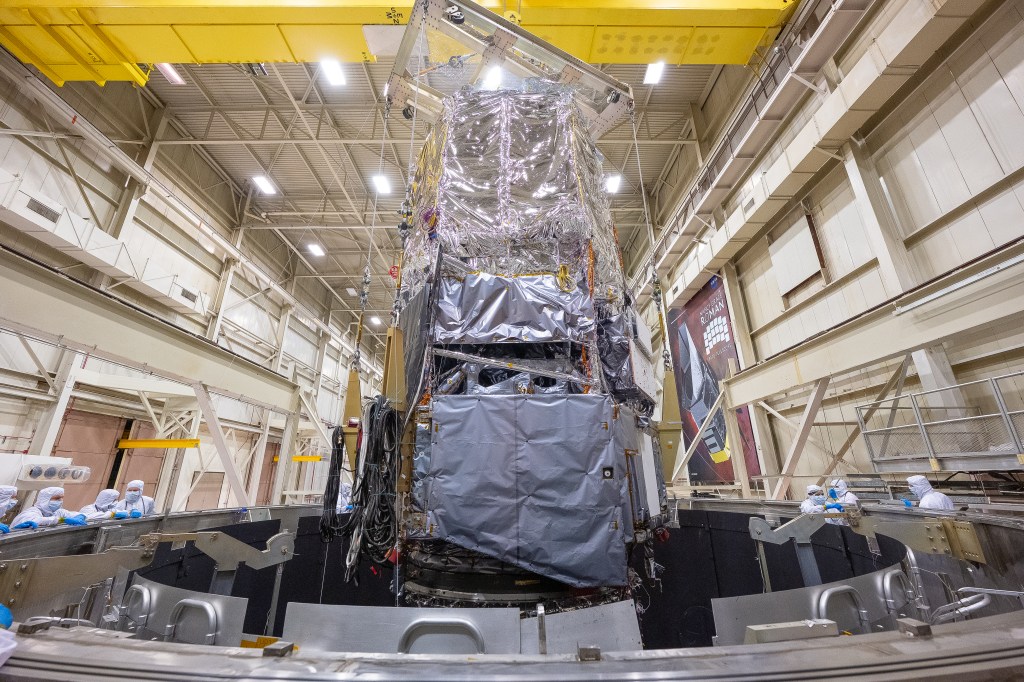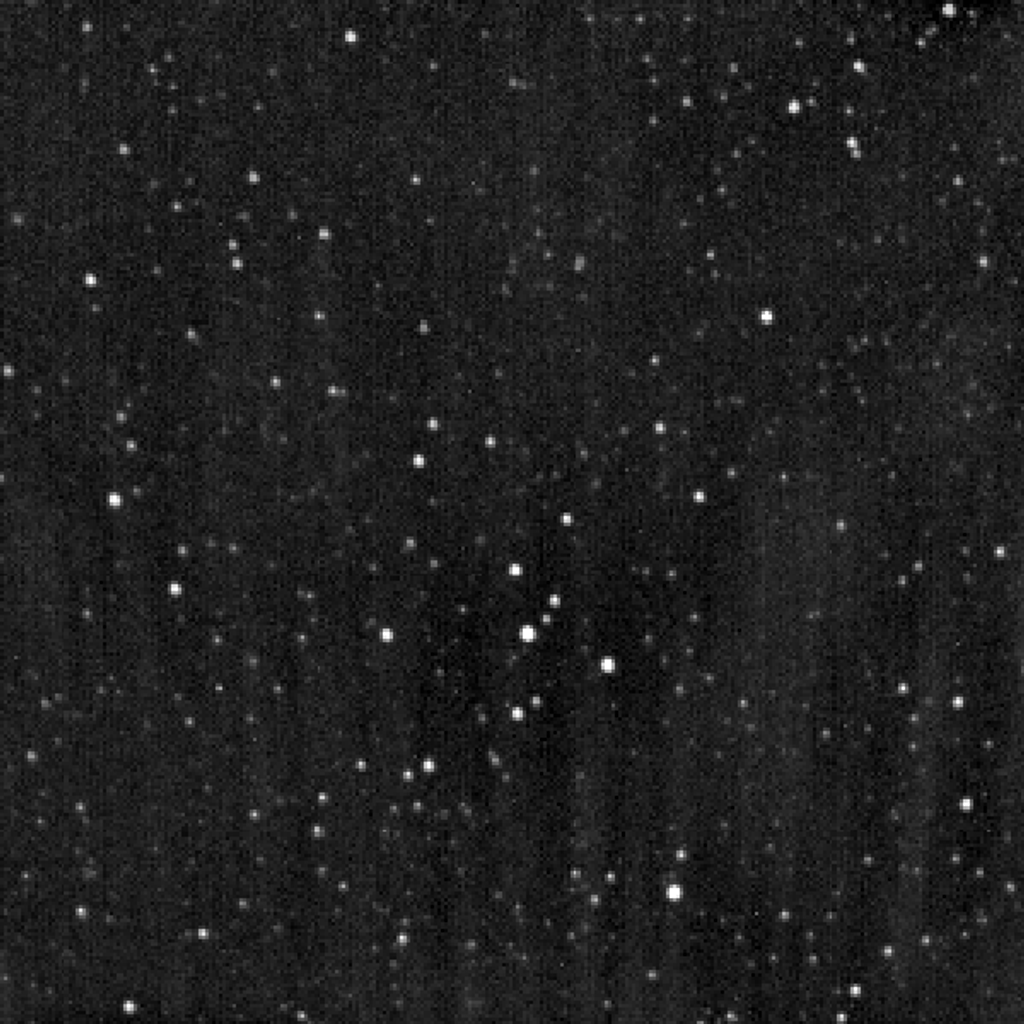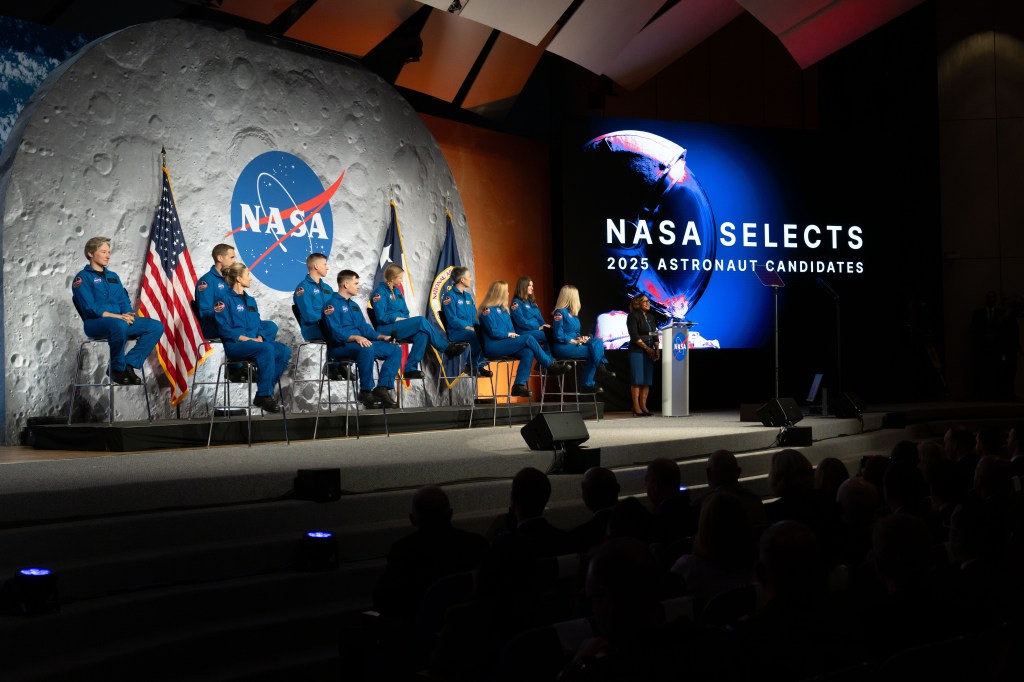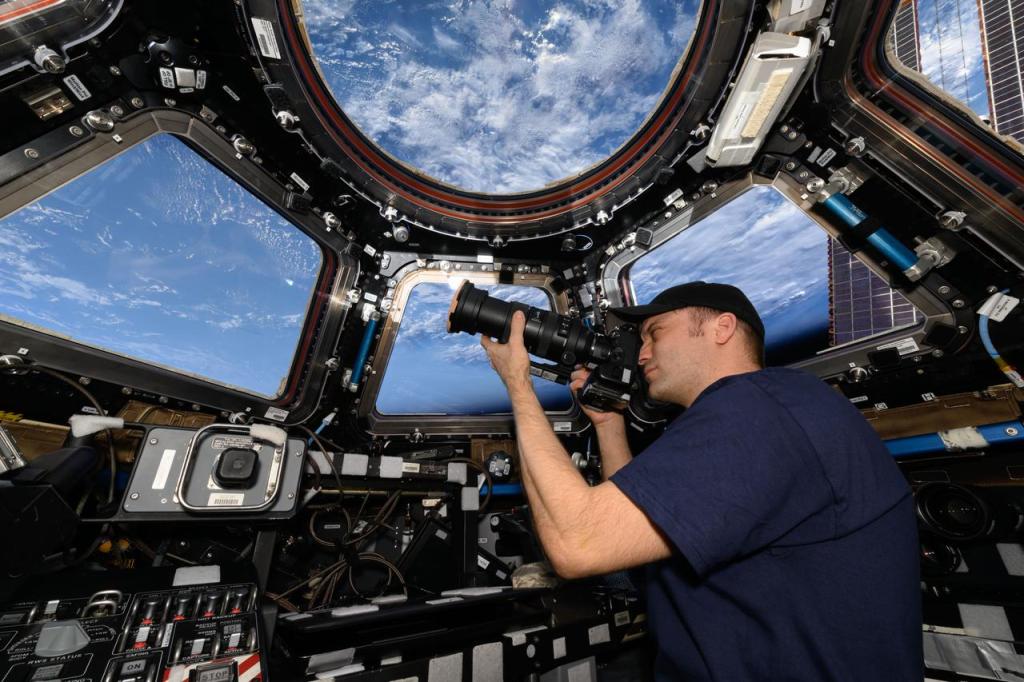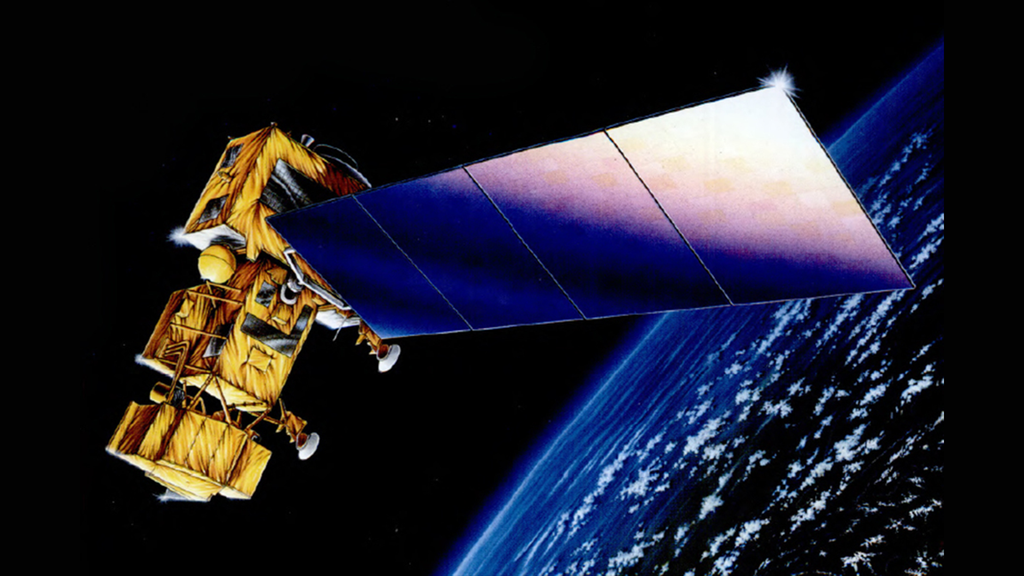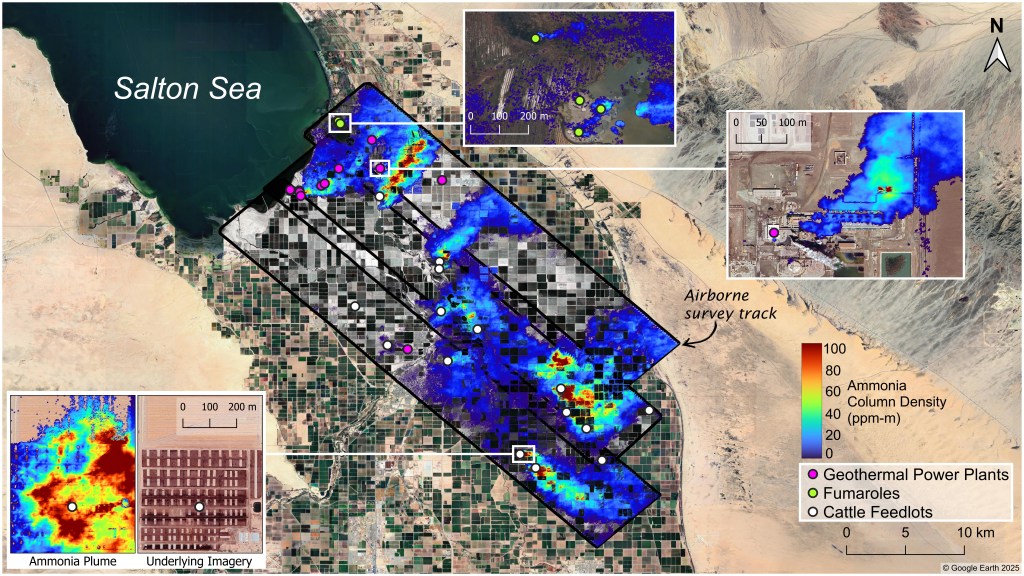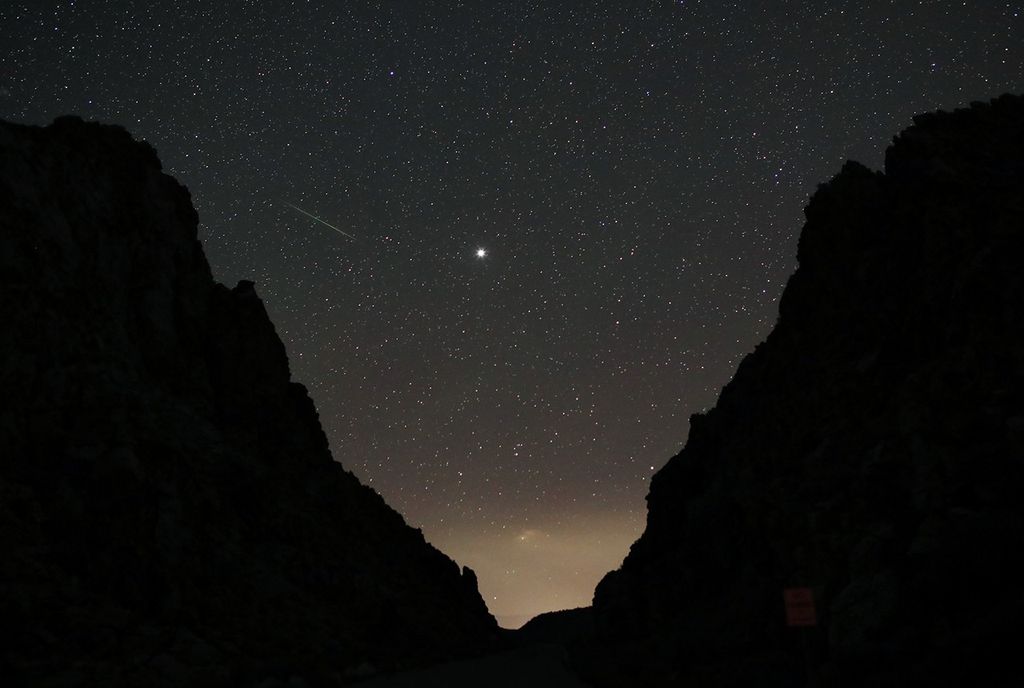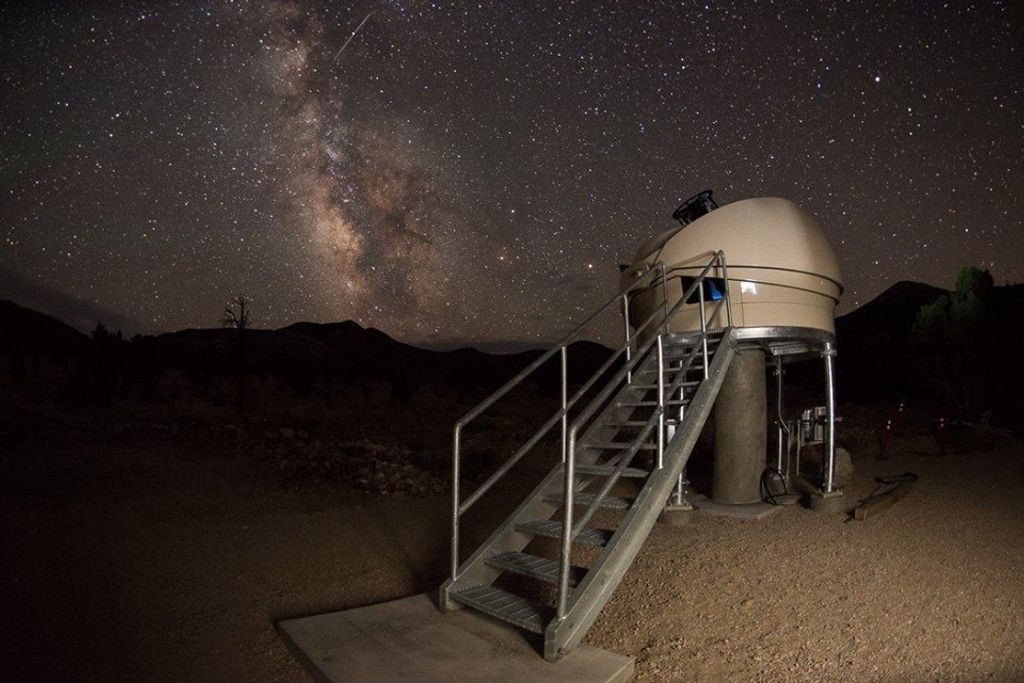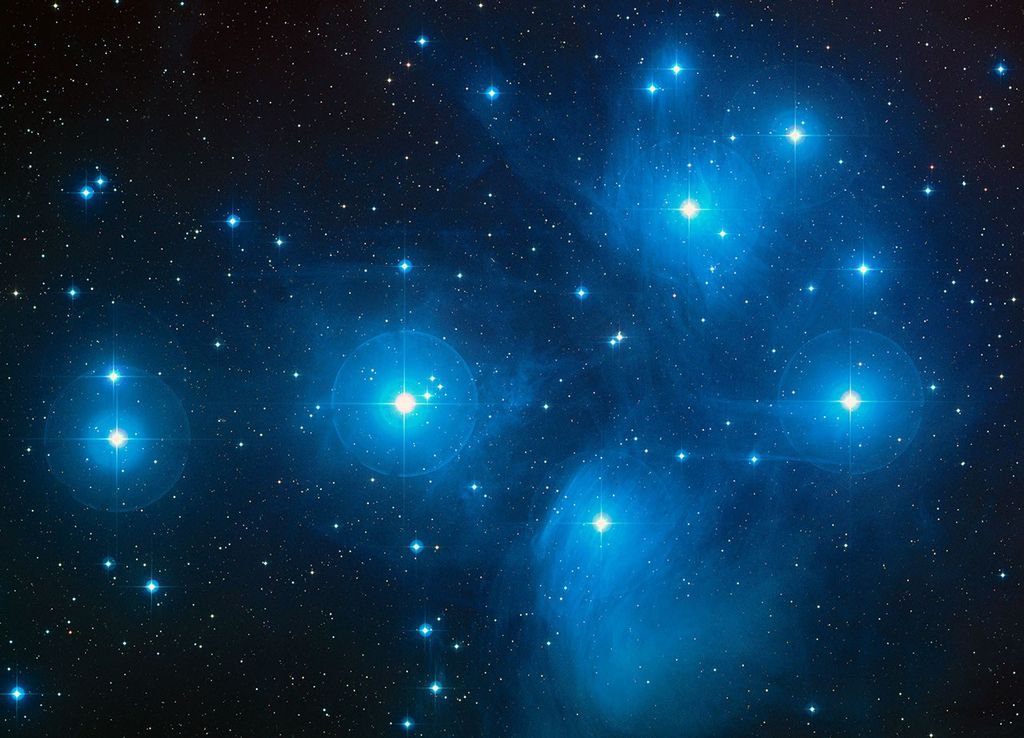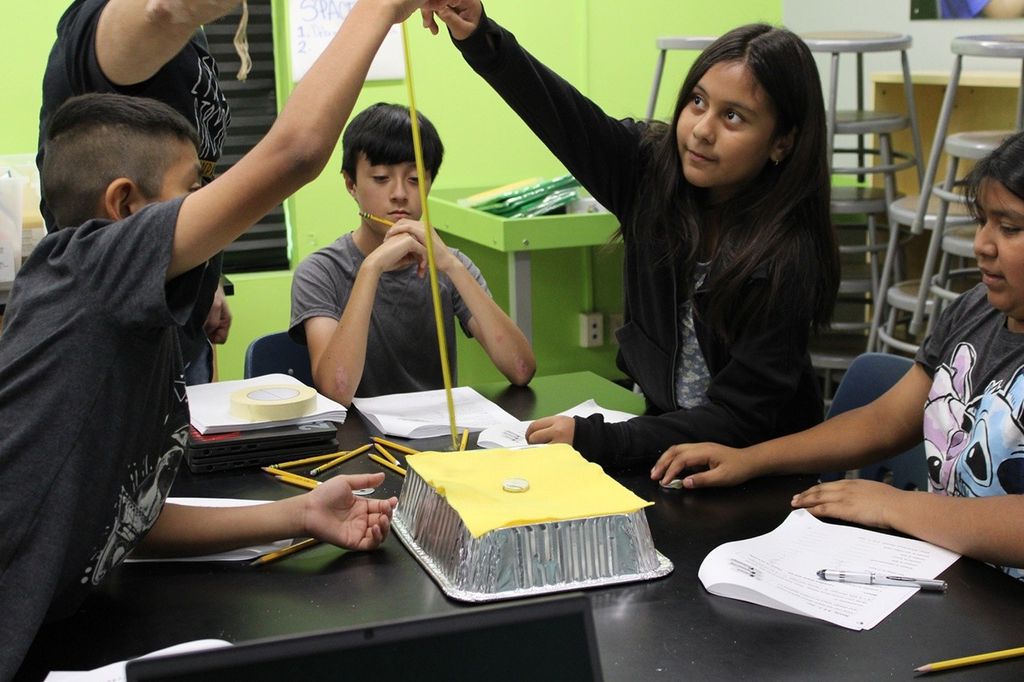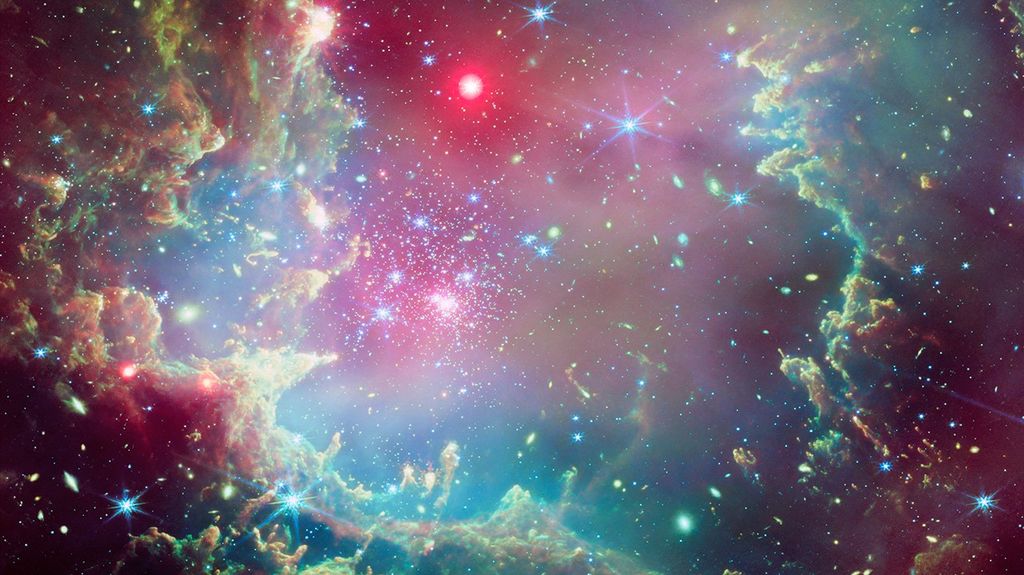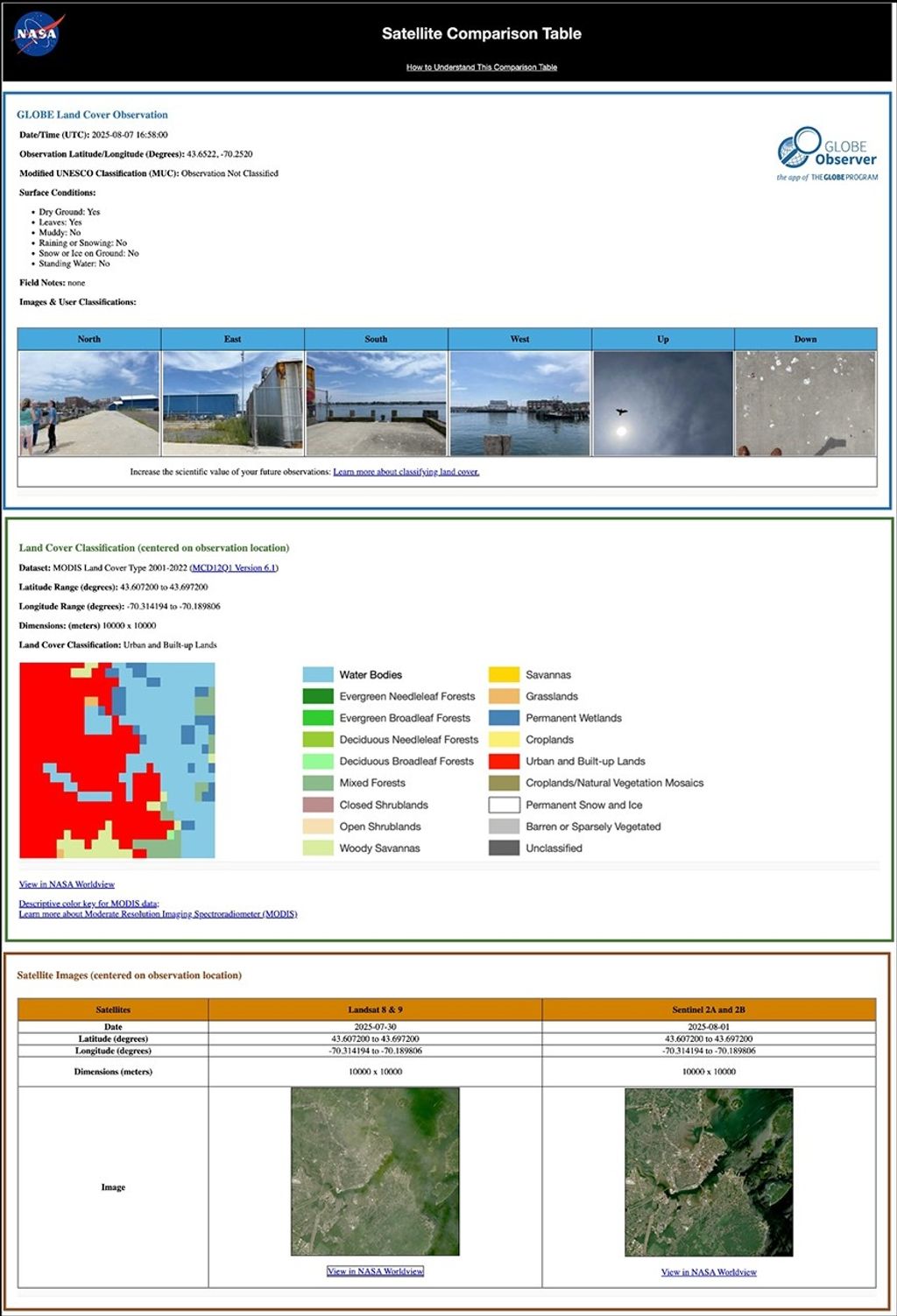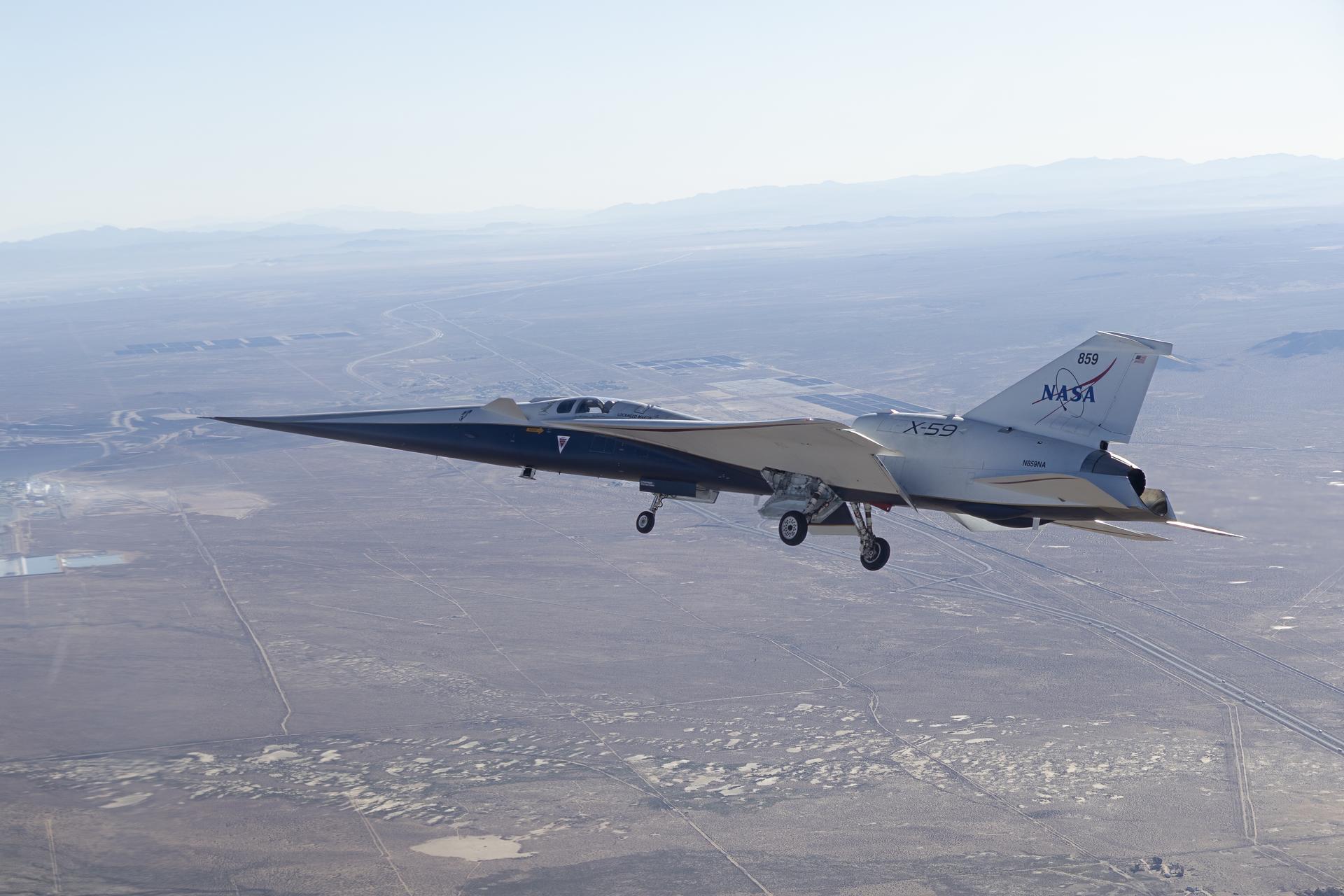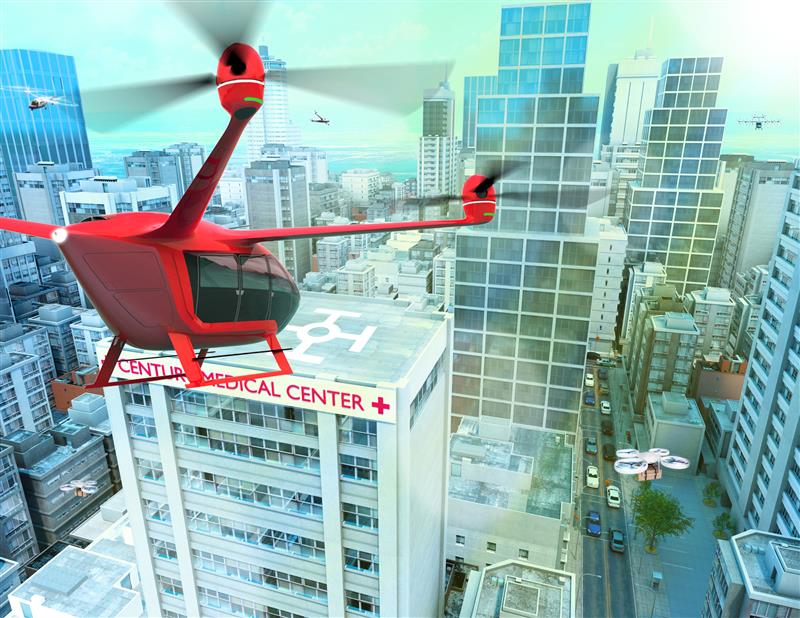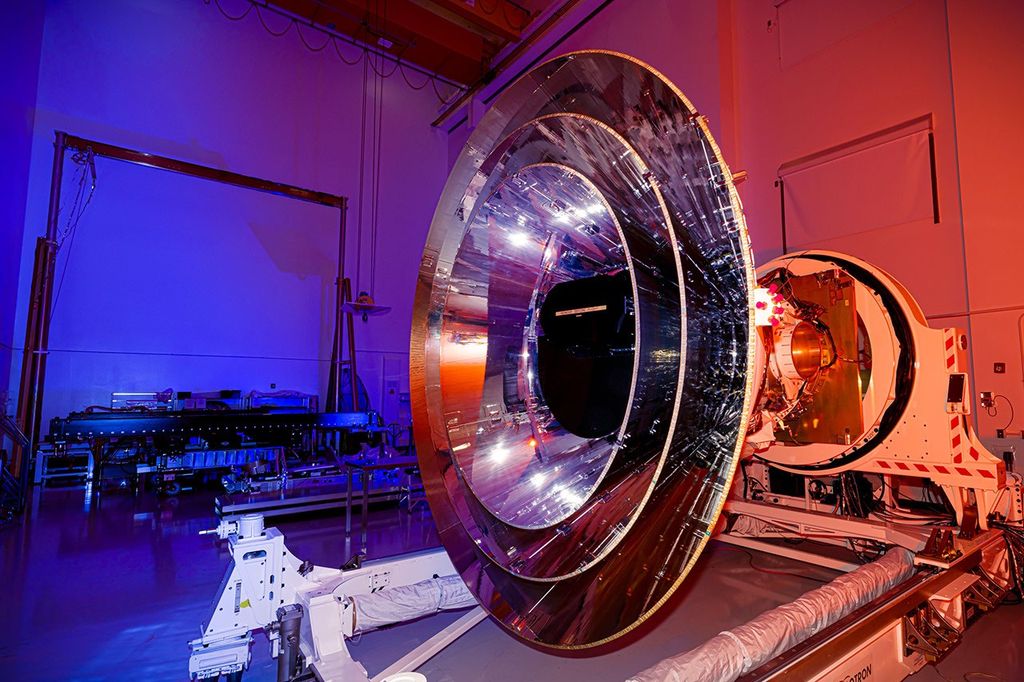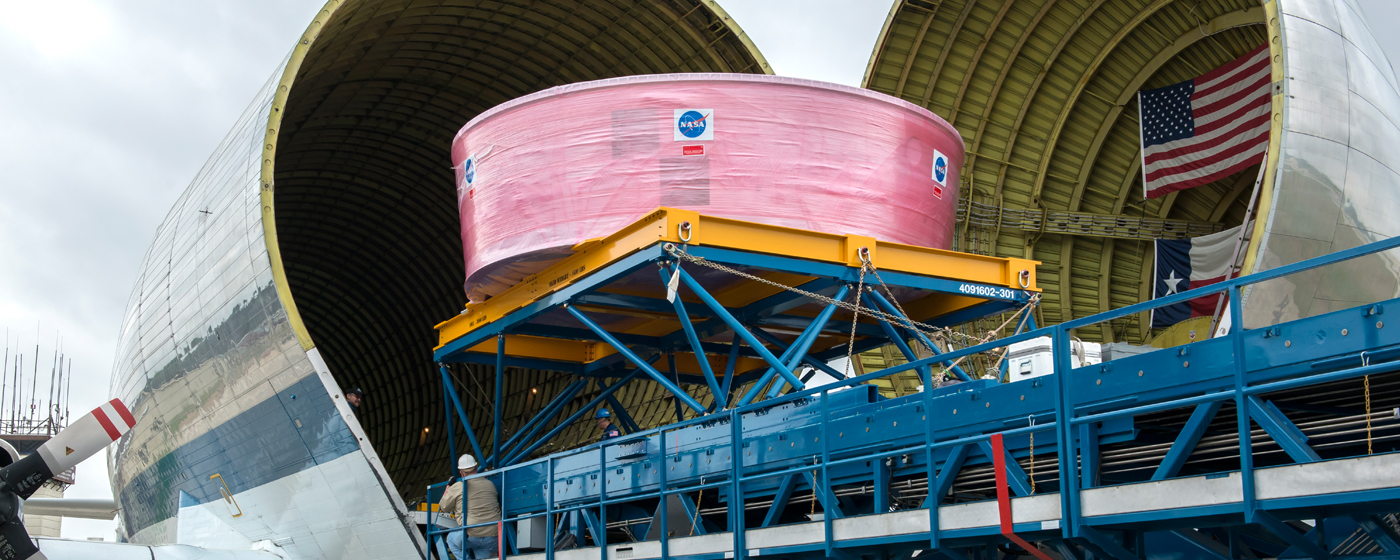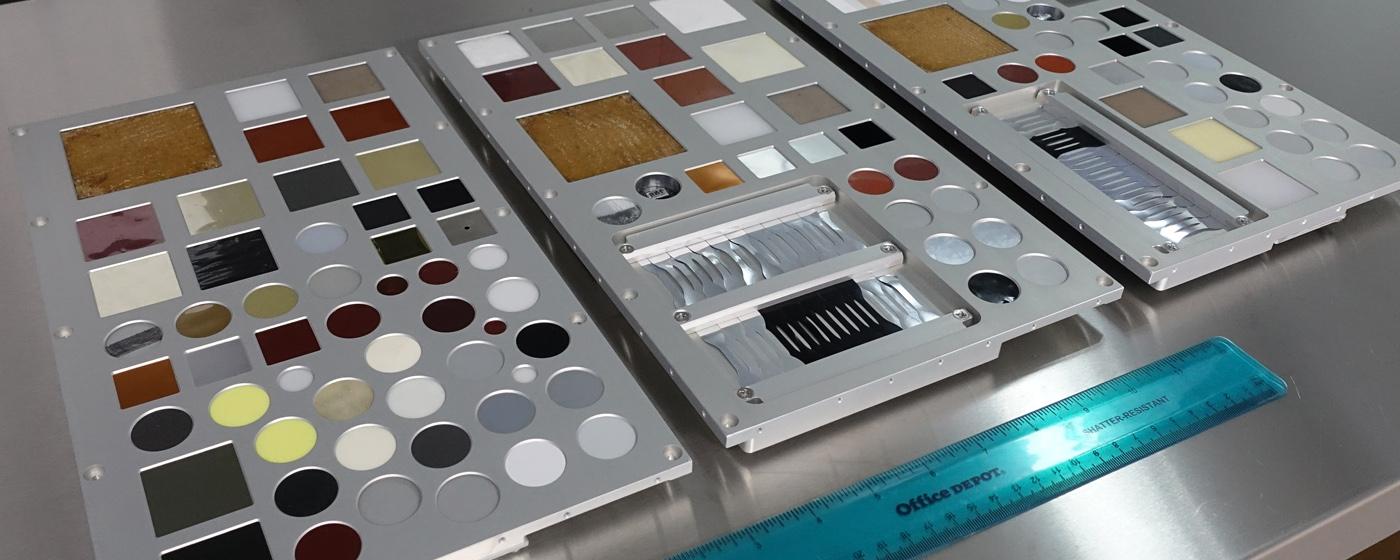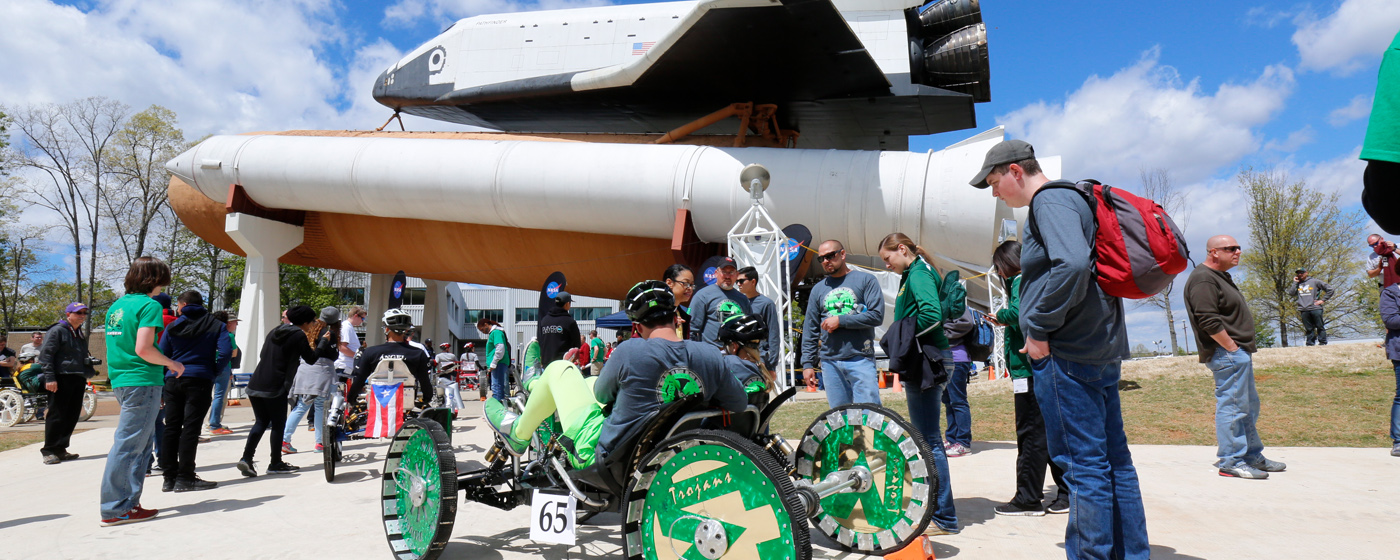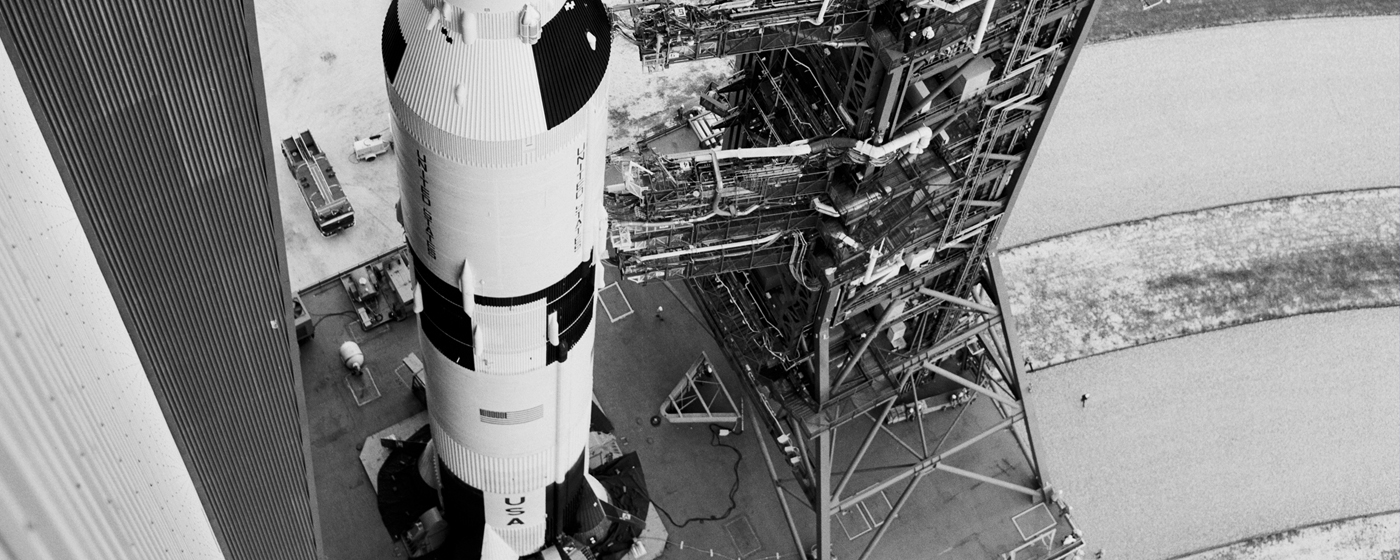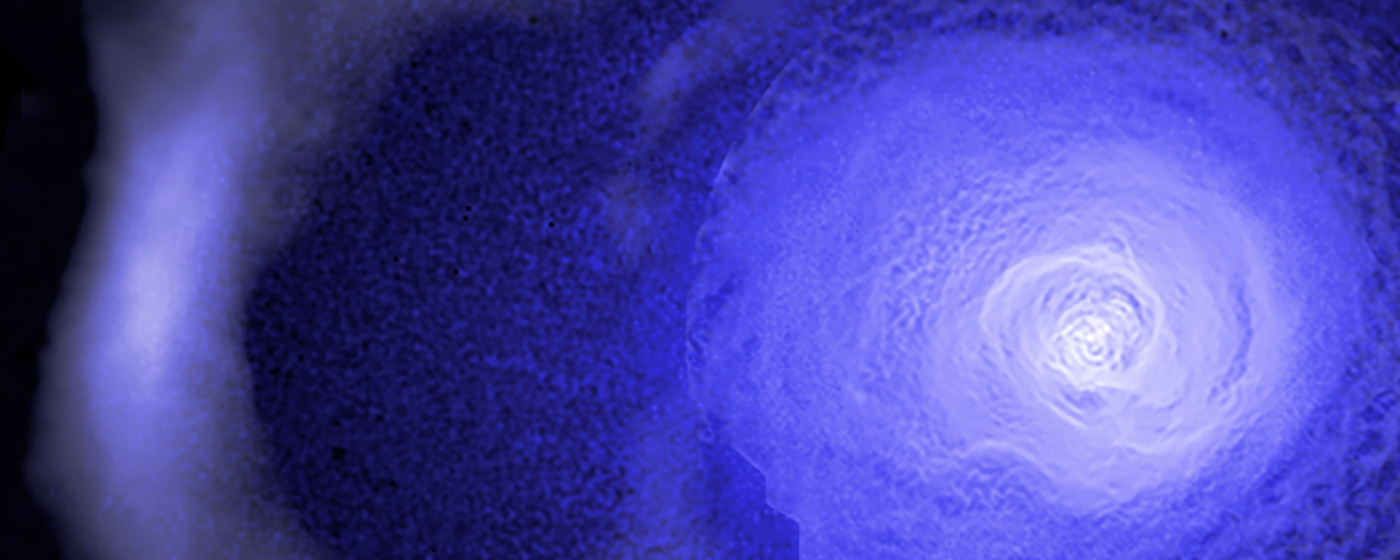Week of April 2 – April 6, 2018
NASA’s Super Guppy Transports SLS Flight Hardware to Kennedy
NASA’s Super Guppy aircraft departed the U.S. Army’s Redstone Airfield in Huntsville, Alabama, this week, with NASA’s Space Launch System flight hardware for transportation to NASA’s Kennedy Space Center in Florida for flight preperations. The Orion stage adapter will connect NASA’s Orion spacecraft to the rocket on their first integrated flight — Exploration Mission-1.
Material Samples and New Test Facility Arrives at Space Station
The Materials International Space Station Experiment missions help engineers determine to know how long materials will last in outer space. This week, the ninth MISSE mission, including a new test facility, was delivered to the space station. Materials being tested on MISSE-9 include sevral 3-D printed materials from NASA’s Marshall Space Flight Center.
Students to Compete in NASA’s Human Exploration Rover Challenge; Media Invited
More than 100 teams are expected to participate, April 13-14, in NASA’s Human Exploration Rover Challenge at the U.S. Space and Rocket Center in Huntsville. The competition challenges high school and college teams to design, build and test human-powered roving vehicles inspired by the Apollo lunar missions and future exploration missions to the Moon, Mars and beyond.
50 Years Ago: Apollo 6 Launches
Fifty years ago this week, Apollo 6, the final qualification flight of the Saturn V rocket, launched, demonstrating compatibility with the Apollo spacecraft, as well as many other objectives that set the stage for future missions. Marshall developed, designed and managed the Saturn rockets that powered NASA’s lunar missions, and today is developing the most power rocket ever built, the Space Launch System.
Scientists Surprised by Relentless Cosmic Cold Front
This winter has brought many intense and powerful storms, with cold fronts sweeping across much of the United States. On a much grander scale, astronomers using data from NASA’s Chandra X-ray Observatory, have discovered a cosmic “cold front” that extends for about two million light years and is older than our solar system.
For more information or to learn about other happenings at NASA’s Marshall Space Flight Center, visit NASA Marshall. For past issues of the ICYMI newsletter, click here.
NASA Marshall Space Flight Center news releases and other information are available automatically by sending an e-mail message with the subject line subscribe to msfc-request@newsletters.nasa.gov.
To unsubscribe, send an e-mail message with the subject line unsubscribe to msfc-request@newsletters.nasa.gov.


